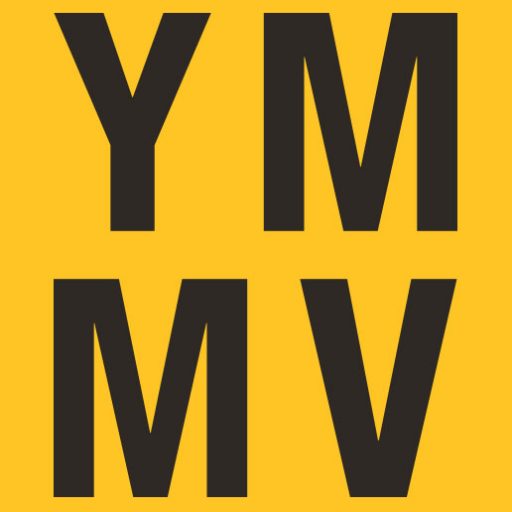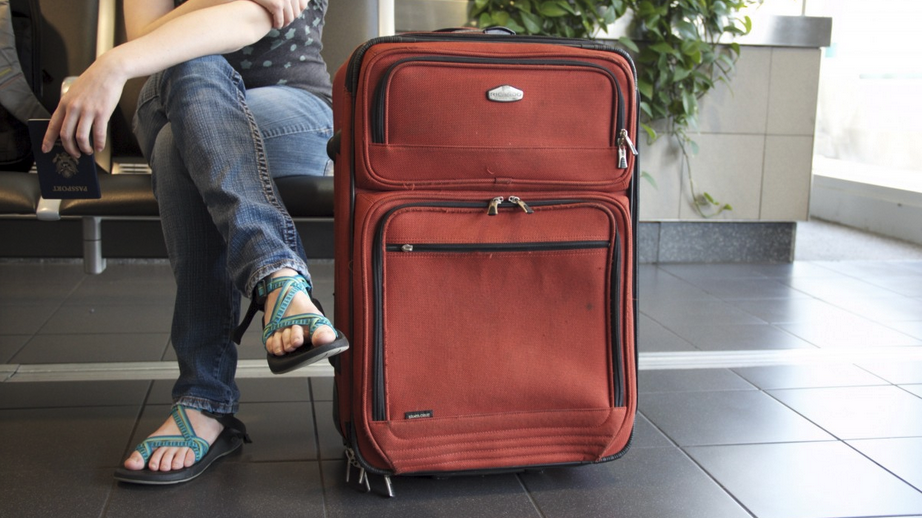Carry-on bags. When there wasn’t a fee to check bags, carry-ons were just the stuff that you’d just as soon keep with you while on the plane. To be fair, that’s still the case. But when having to pay for checked bags on every airline (except Southwest) became the norm, it made for the migration of “how much can we shove into one carry-on bag and one personal bag so we don’t have to pay to check a bag?”
Boarding a commercial flight takes about 2 to 3 times as much time as it did 40 or 50 years ago. According to Boeing, plane boarding times were about 15 minutes in the 1970s; now it’s 30 to 40 minutes. And a big part of that extra time is that it takes longer for passengers to get settled into their seats if they have carry-on bags.
Ultra-low-cost carriers like Frontier, Spirit and Allegiant, in an attempt to (A) make more money via their respective piecemeal price models and (B) save time by hopefully not having to deal with as many carry-ons, they charge for bringing a bag onto the plane that’s destined for the overhead. Meanwhile, the low-cost carriers and legacy carriers have allowed carry-on bags to be brought onto the plane for free.
So along those lines, last week it was announced that Delta would be conducting a trial where select passengers departing out of Boston would receive a text message prior to their arrival that would offer them the opportunity to check their carry-on bag, for free, instead of stowing it in the overhead.
They must be looking at getting the plane loaded as quickly as possible so they can take off faster, to ensure on-time departures, right? Operations stuff, right?
If that’s the case, there are a few things that make me raise an eyebrow about this trial.
First, Delta has no problems with on-time performance or operations. In fact, Delta Air Lines won Cirium’s Platinum Award. They said the Atlanta-based carrier was the world’s best performing airline of 2021 for Operational Excellence. Delta Air Lines also won Cirium’s award for most on-time North American airline last year, with 87.7% of its flights arriving on time.
So if they’re the best of everyone right now, why would they be doing a trial like this? Granted, there’s always room for improvement. But…maybe they’re looking at it as a potential way to get more money from passengers by charging a fee for carry-ons, as well? After all, according to the Bureau of Transportation Statistics, Delta alone earned $1.03 billion in bag fee revenue in 2019. Why wouldn’t they want another piece of that pie?
Well, maybe THEY would, but I can think of a whole lot of people who wouldn’t want to pay for their carry-on bags:
- People who put their valuables in their carry-on because they’re afraid of theft (like what this guy was doing) or breakage (like what happened to me when Delta made me check my carry-on bag, claiming there was no more room in the overhead [spoilers alert -there still was])
- Those who bring a carry-on bag because if their luggage is lost, they have nothing until it’s found (if it’s found. And until then you may have to go through the time and expense of getting replacements for your lost clothes, etc.).
- Travelers who keep things in their carry-on bag that’s not so easily replaceable (i.e., specialized medical equipment, a child’s toy they use for going to sleep, if the person gets their clothes from a specialty shop or always has to get them altered, etc.)
Of course, if they kept the system the way it is right now…voluntary, without fees, that’d be fine. It’d be perfect for people who aren’t concerned about keeping certain stuff with them.
But if it became a hard and fast rule that you HAD to pay for carry-on bags on Delta (and you KNOW American, United and maybe other low-cost carriers would follow suit)? Well, maybe people might start looking at the ultra-low-cost carriers twice because really, how much more of a difference would there be between them, at that point?
That being said, this trial isn’t the first time Delta has done a “what if?” study in the name of more efficient boarding. They tested a pre-loading system for carry-on bags (they called it “Early Valet“) in 2015, and nothing became of that. They piloted a new way of boarding in 2017 and that didn’t work out, either.
If the long-term goal of this trial is to get more money out of us, then hopefully this trial won’t turn into anything, either.
Want to comment on this post? Great! Read this first to help ensure it gets approved.
Want to sponsor a post, write something for Your Mileage May Vary or put ads on our site? Click here for more info.
Like this post? Please share it! We have plenty more just like it and would love it if you decided to hang around and sign up to get emailed notifications of when we post.
Whether you’ve read our articles before or this is the first time you’re stopping by, we’re really glad you’re here and hope you come back to visit again!
This post first appeared on Your Mileage May Vary
Join our mailing list to receive the latest news and updates from our team.

